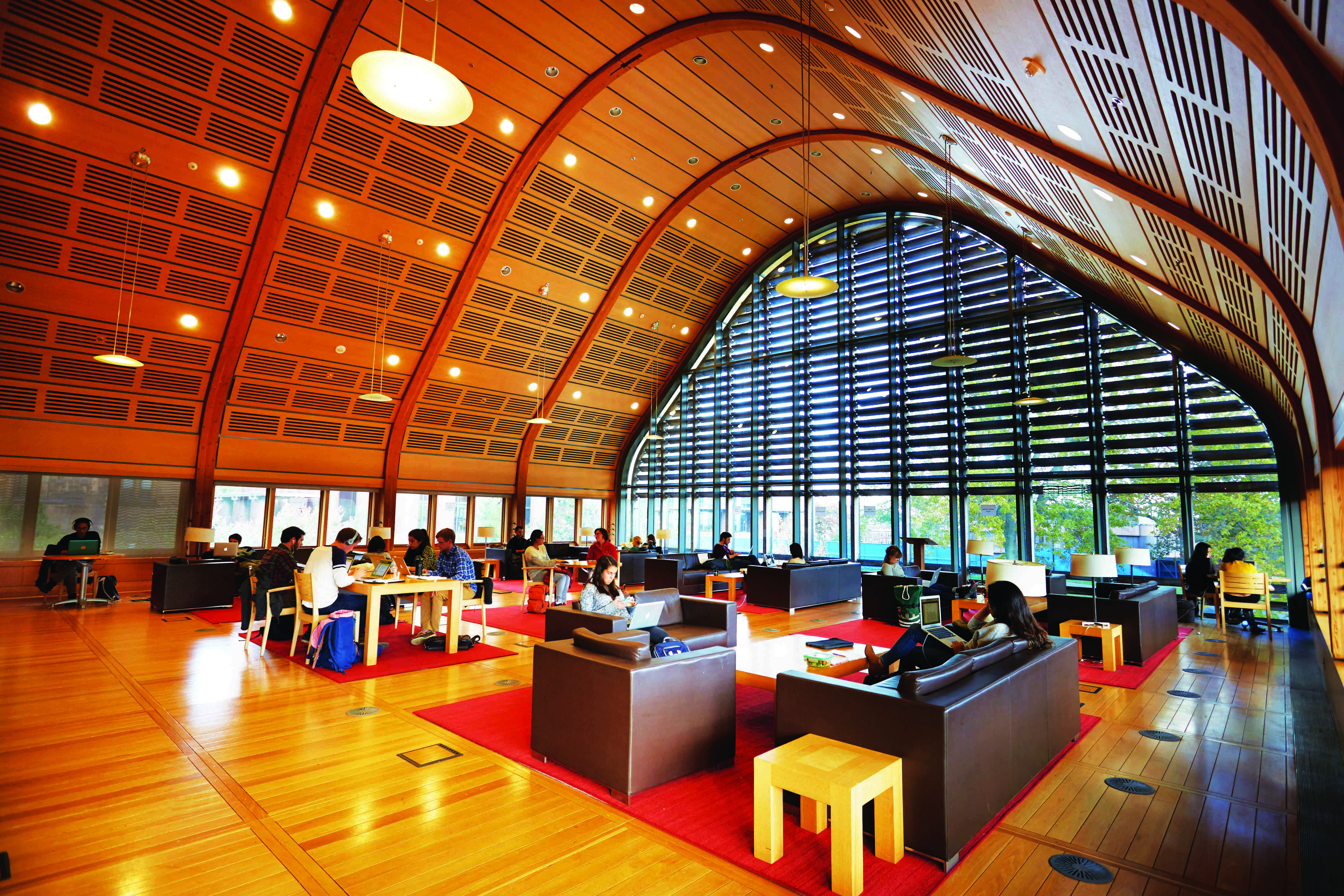
Gladys Fang
Thanks to a newly established partnership with the Pulitzer Center on Crisis Reporting, the Yale Program on Climate Change Communication will bring climate research and quality journalism to a wider audience.
A research center within the School of Forestry and Environmental Studies, the YPCCC examines how societies around the world respond to the issue of climate change by conducting survey studies on public knowledge, attitudes and policy preferences. This new collaboration with the Pulitzer Center, a non-profit journalism organization that promotes coverage of underreported global issues, will allow Yale faculty and students to connect with leading environmental journalists, according to YPCCC Director Anthony Leiserowitz.
“Our ultimate question, as academics, is ‘why’ — what are the psychological, cultural and political reasons behind why some people are really engaged, apathetic, or downright hostile or dismissive about climate change?” Leiserowitz said. “What we’re looking at with the Pulitzer Center is opportunities with their great set of reporters to find key stories about climate change and get them on the air.”
Announced on Oct. 18, the YPCCC-Pulitzer partnership stems from the Campus Consortium initiative, which is part of the Pulitzer Center’s educational outreach efforts. The center works with its partner institutions, many of which specialize in a certain field, to increase awareness of global systemic issues, according to the center’s website.
Of the 28 universities and specialized programs comprising the Campus Consortium, only the YPCCC focuses on climate change, according to Jon Sawyer ’74, the executive director of the Pulitzer Center.
“[The YPCCC] will be the center of our work on climate change, because Yale is such a leader in that space,” said Sawyer, who founded the Pulitzer Center in 2006. “It is very much about drawing on the expertise there to help us do better journalism and then bringing that journalism back to an academic community.”
In addition to hosting public presentations by prominent environmental journalists, the YPCCC also plans to work with the Pulitzer Center to establish a spring training workshop for undergraduate and graduate students, Leiserowitz said. He added that the workshop will likely be centered around the theme of radio reporting on climate change, which relates to another goal of the collaboration: joint content production and distribution.
Strengthening Yale Climate Connections, an online news program and radio program published by the YPCCC, will be a major objective of the partnership, Leiserowitz said. Climate Connections creates daily, 90-second segments for broadcast on over 260 radio stations nationwide, including the National Public Radio’s “Morning Edition” and “All Things Considered” programs.
“Our focus is on identifying practical approaches to reducing climate-related risks in an effective way,” Bud Ward, the editor of Climate Connections, said. “Pulling resources from both Yale and the Pulitzer Center gives us a lot of panache with the media community and gives us an opportunity to maximize our potential.”
Ward added that there is a growing level of interest and concern about climate change across all demographic groups. A key element of effective climate change communication is to help people understand that while it is too late to avoid a warmer climate, it is not too late to avoid the worst impacts, he said.
Ward also said a potential collaborative project is to increase the public’s awareness of combatting climate change by producing a series of informative videos, adding that these will focus on concepts such as geoengineering and the carbon tax. He praised the YPCCC-Pulitzer partnership, saying that both groups’ interest in “big picture ideas” allows for significant flexibility in exploring innovative projects.
A final component of the partnership is a competitive student fellowship program, which will be open to all Yale students, according to Leiserowitz. Selected Campus Consortium student fellows will receive mentoring from Pulitzer Center journalists and have the opportunity to complete their own international reporting project over the summer.
“[The fellowship] is a way to make students engaged consumers of journalism who have the expectations and demand of high quality journalism,” Sawyer said. “They don’t necessarily have to become journalists. The idea is to expose them to all of the ways that we are affected by what happens in the world, and how the world is affected by us, so that they can be globally engaged citizens.”
The partnership’s first campus event will be a Dec. 1 talk with Eli Kintisch ’99, an award-winning correspondent for Science magazine.







